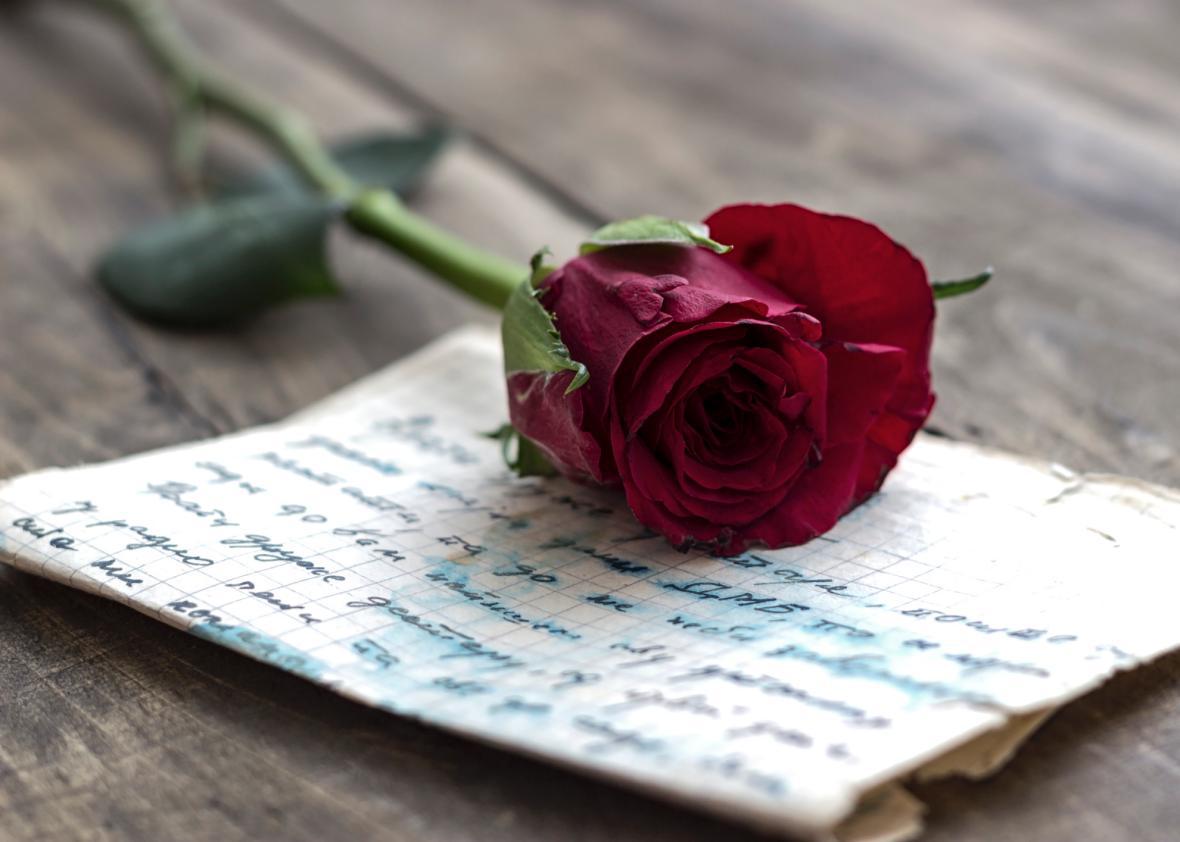Women of the world have a colorful language for their periods. The French declare that “les Anglais ont debarqué,” a wartime phrase that means “the English have landed.” Germans note the onset of the “Erdbeerwoche,” which means “strawberry week.” Then there’s the wonderfully visceral, almost onomatopoeic term favored by the U.K. populace: “the blob.”
These euphemisms cloak menstruation in a culture of shame, according to German resident Ida Tin, the Danish-born founder of the period-tracking app Clue. Once targeted at women pursuing pregnancy, three-year-old Clue is now marketing itself as a means of combating period stigma by helping women understand their bodies. In a survey of 90,000 people from 190 countries who use the app, Clue and the International Women’s Health Coalition found that women use more than 5,000 different words for their monthly cycles.
Real problems arise when women can’t openly and accurately discuss their reproductive health needs. The Burmese language lacks a specific word for vagina, a quandary that’s both a symptom and propagator of a culture that wants for sex education and hampers women’s bodily autonomy. Women in developing countries face crises that extend far beyond infantilizing red-fruit euphemisms: In many places with strict norms that prohibit discussion of reproductive health, young women are alarmed and stricken with fear when their first period arrives. Without menstrual hygiene products, girls in poverty stay home from school rather than bleed outside their homes.
But euphemisms have far less capacity for such damage once medical and hygienic needs are met. In countries like the U.S., where menstrual products are widely accessible and doctors, schools, and the Internet offer plenty of information about menstruation, we need more poetic reverence for the period, not less.
In response to misogynists who’ve long argued that the monthly moon-driven horrors wrought by menstruation render women incapable of holding political office, earning academic degrees, and otherwise participating fully in public life, some feminists have downplayed the period’s significance, painting it as just another humdrum affair of the human body. But periods can have a major impact on the lives of people who have them. They occupy roughly one week out of every month for a few decades, and for women with bad PMS, endometriosis, or uterine fibroids, they bring specific medical needs. They involve more than just the reproductive system—as Clue explains, hormone fluctuations can affect digestive functioning, energy levels, sex drive, skin care, and the immune system.
They’re also pretty damn magical: For those interested in making babies, periods presage the potential for new human life; for others, they can be a time-keeping mechanism and automatic refresh button that syncs up with friends and lovers. I’ve half-heartedly kept track of mine on the “mynstrual” calendar in my “Red Diaper Baby”-colored Slingshot planner for years, but mostly ignore it until it comes around each month. I’d welcome the chance to better understand and appreciate its effects on my well-being. I want a new hermeneutics of the period that rests somewhere in the middle ground between anti-woman bullshit, bored technical medicine, and ooey-gooey mysticism.
The time for such a narrative shift may be nigh. Cosmopolitan called 2015 “the year the period went public.” It was the year that a period-underwear start-up targeted transgender men who menstruate and that the Diva Cup, formerly sold in specialty stores, first arrived on CVS shelves. “For people like me who have been studying menstruation for decades, we’ve never enjoyed this kind of attention before,” one gender-studies professor told NPR, which reported that five major national news outlets used the word “menstruation” about three times more often in 2015 than in 2010.
More disheartening than the Clue study’s list of euphemisms is its finding that the majority of women around the world are uncomfortable talking about periods with male friends, colleagues, and family members. In high school, I had a friend whose boyfriend gave her a specific piece of jewelry to wear when she was on her period so he’d know not to initiate sex without ever having to talk about the icky workings of his girlfriend’s body. Back then, I assumed that adults matured out of that fear of periods; I was wrong. At Slate, on a Slack channel explicitly devoted to editorial material on the gender and sexuality beat, discussions of period-related ideas still sometimes open with a preemptive apology to the men in the group.
Now that the period is going public in the U.S., we may be at the point where euphemisms can turn the corner from shaming to celebrating. Jezebel writer Stassa Edwards loves the “historical epic” conjured by “les Anglais ont debarqué.” Along those lines, “the redcoats are about to land,” a phrase offered by Julian Barnes in Before She Met Me, evokes images of a violent uterine battle housed by a strong, unconquerable body. “Massacre of the unborn” turns the period political. For those of us with privilege enough to reclaim the gross-out factor of menstruation, descriptive euphemisms (see: “Shark Week”; “the blob”) can be powerfully subversive. The more ridiculous phrases open a healthy space for fun and irony that exposes misogynist absurdity, imagining women as iron-hungry werewolves evolving with the cycles of the moon. Women should never have to dilute their period talk with euphemisms for the comfort of delicate male ears. But we shouldn’t let a culture of shame take away the period’s potential for poetry, either.
